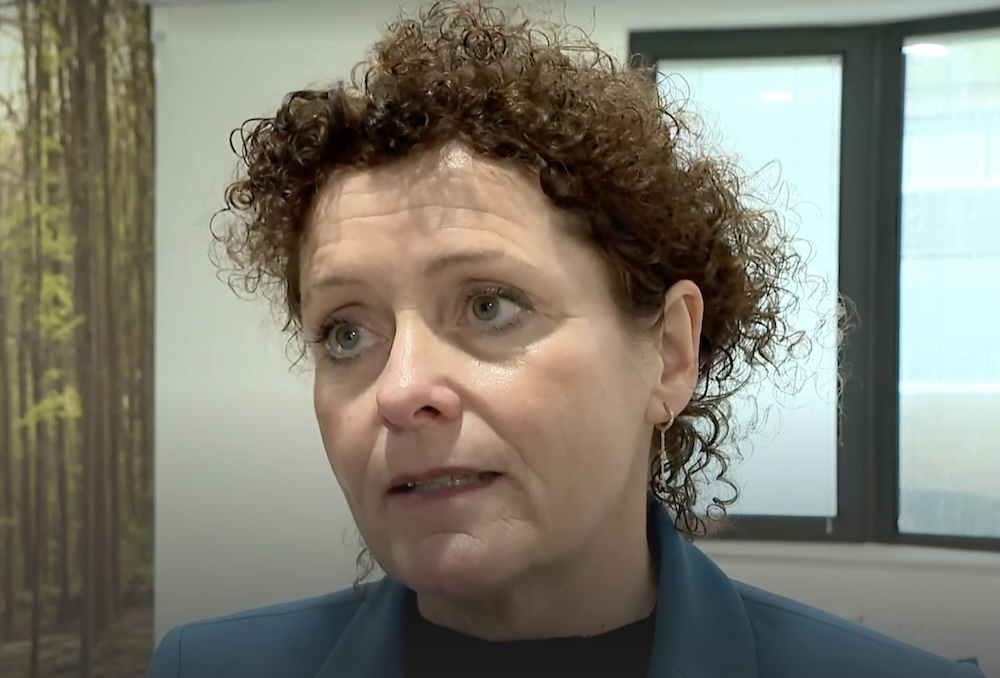The term 'basic accessibility' was introduced with the promise to make public transport in Flanders more efficient, flexible and accessible.
However, its implementation is now seen by opponents as a misstep that has not improved mobility, but rather reduced it. Flemish Member of Parliament Els Robeyns (Vooruit) criticizes strongly criticizes the approach of the Flemish Government and Flemish Minister of Mobility Lydia Peeters (Open VLD), by stating that the measures introduced have led to 'transport poverty', a situation in which a significant part of the population has insufficient access to high-quality public transport .
The reforms at De Lijn, intended to modernize public transport in Flanders, are under close supervision by the Court of Audit. A recent report addressed to the Flemish Parliament shows that the implementation of the new transport plans, aimed at a demand-driven system, is far from smooth. The pursuit of budget neutrality by the Flemish government, led by Flemish Minister of Mobility Lydia Peeters of Open VLD, appears to be a stumbling block for the effectiveness and feasibility of flexible transport.
At a time when mobility is becoming an increasingly pressing issue, with discussions about sustainability, accessibility and quality of life, the Court of Audit's criticism of De Lijn's approach is a clear indication that the intended reforms may be overshooting their mark. According to the Court of Audit, the concept of demand-driven public transport, which aims to operate more efficiently and in a more customer-oriented manner, is hampered by the strict requirement of budget neutrality. According to the report, this requirement, which stipulates that the costs of implementing the new plans must not increase, limits the possibilities to adequately respond to the transport needs of users.
The introduction of flexible transport, which was to serve as an alternative to regular bus transport and as a supplement to the existing network, is also critically examined by the Court of Audit. Figures requested by Flemish Member of Parliament Els Robeyns (Vooruit) from Minister Peeters show that the so-called flex buses, which also serve as cheap private taxis, transport an average of only 1,2 passengers per trip. This not only points to low efficiency but also raises questions about the role of such transport in the fight against transport poverty and the promotion of sustainable mobility alternatives.

Minister Lydia Peeters criticizes yet another attack by Robeyns: "These initial figures are correct, but the flex bus system is continuously adjusted and is starting to run very well and efficiently."
The Court of Audit's criticism extends further to the overall rollout of the second phase of basic accessibility. The complexity of this transition, a lack of regulatory transparency and coherence, delays in implementation and concerns about the feasibility of flexible transport are all concerns highlighted in the report. These findings suggest that there is a need to reconsider the strategy and approach to reforms within De Lijn.
In an era when efficient, accessible and sustainable public transport is crucial for both urban and rural areas, the Court's feedback casts a shadow over the Flemish government's attempts to achieve these ideals. Based on the report, the ambition to develop a demand-driven system that is both efficient and cost-neutral appears to be a complex challenge that requires a thorough evaluation and possibly a revision of the approach.




